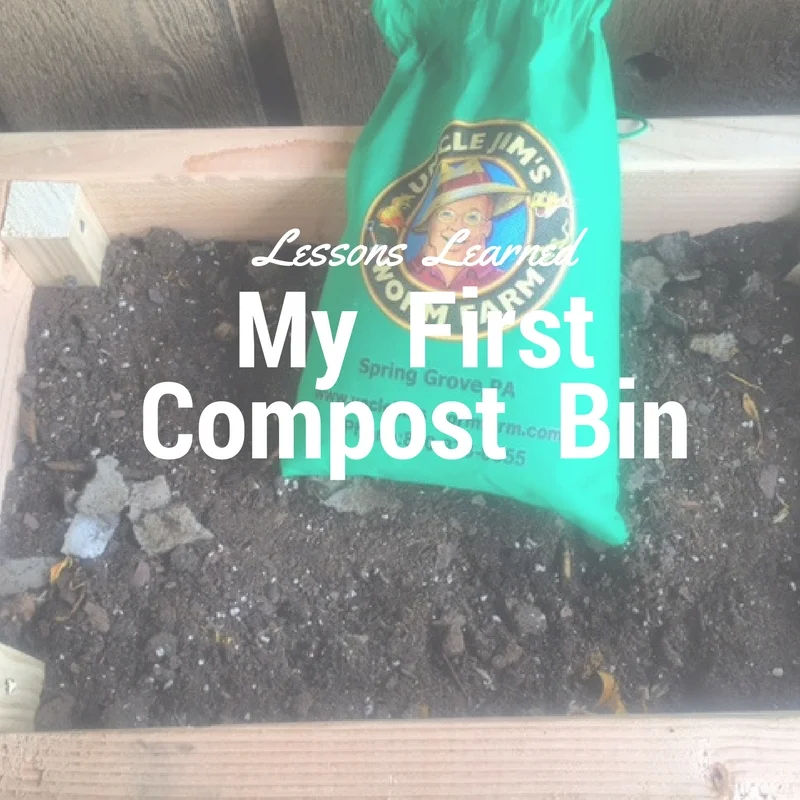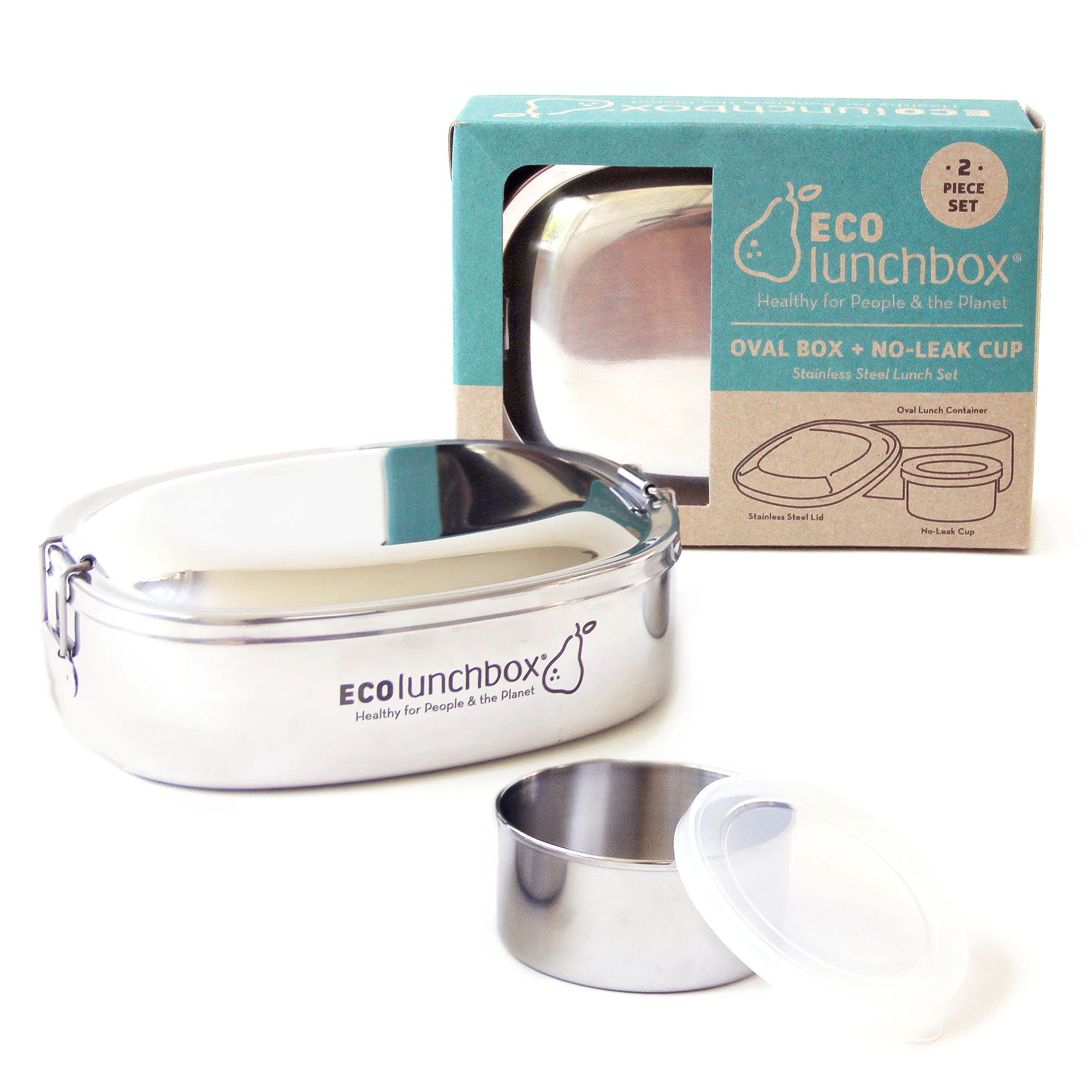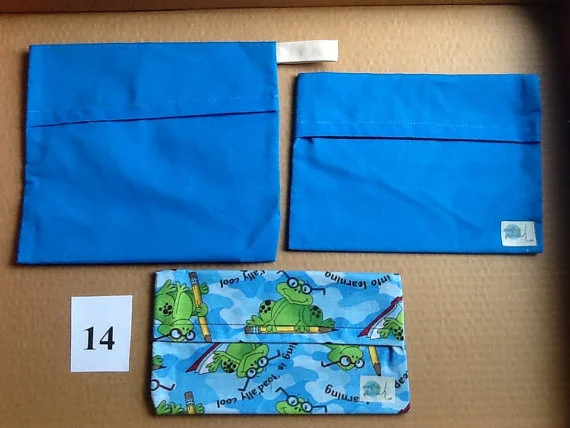"To save the world, we must think in circular concepts, and this brings it all the way to the kitchen."
The number one area in your home that makes the most trash is probably your kitchen. From packaged goods to food scraps, this is one area in the home that may need the most attention when it comes to zero waste transition.
Food Packaging
The simplest way to avoid waste is to reduce purchases of food in plastic packaging. Of course, this is easier said then done as most of our food is packaged, but with a little planning, this can be achieved. The best part, because you are not purchasing packaged goods, you are automatically eliminating preservatives and other chemicals from your diet. A win win in my book.
Here are some strategies to reduce or eliminate packaged foods.
Buy around the perimeter of the grocery store
Check out local farm markets to buy local and homemade products
Buy fresh bread directly from bakeries
Find a bulk store where you can get grains, beans, rice, paste from bulk bins
Start carrying small bags and containers to store these food items instead of the single-use plastic bags
Opt for plastic free packaging. Glass can always be recycled. Paper boxes can be composted and recycled.
Make you own snacks, mixes and cereal. These are easy to do and can be stored in saved jars.
Home Compost
Start your own home compost. Save your organic kitchen scraps and find a place to compost them. Your local Department of Sanitation may already support this. A local farm market may have a drop off point. A neighbor may be able to accept organic waste to feed their own compost. Research and ask around. If you are inclined, you can build your own compost. Vermicomposting is popular and very easy to do. It also takes up very little space and provides you an opportunity to make some great compost for your plants to use up.
Ready to see the impact of your
consumption on the planet,
sign-up for the 15 day
#SaveMoneySaveThePlanet Project.
Cloth Napkins or Paper Towels
When you look into your current trash, you'll most likely see lots of paper towels. An alternative is to convert to reusable cloth napkins and more dish towels. These are easy to wash and will eliminate unnecessary trash. As part of our zero waste transition, I opted to purchase Skoy Cloths which are biodegradable cloths made out of pulp. One sheet has lasted us a few months and have probably saved rolls and rolls of paper towels from going into the trash. In addition, I have a few dish towels that I rotate not only to dry hands, but as food covers and as a rag in case.
Lunch, Take Out, Leftovers
Another common item found in the trash is food. For years, I always brought my lunch to work. It allowed me to use up the night's leftovers and ensure no wasted food and save money in the process. Invest in a good, reusable container. I had these glass Tupperware for a while with snap on lids. They were excellent because there were never any leaks and it was microwaveable. I'm not a salads gal so I love fresh, hot food. The glass containers tend to get heavy so invest in a reusable stainless steel box or a silicone bag instead for sandwiches. You can then re-use the same containers for takeout or leftovers. It's another way to reduce kitchen waste by saving the food.
Dish Brush
Another easy transition is to convert to a wooden dish brush with a replaceable brush head. Did you know that most sponges are coated with chemicals to make them anti-bacterial? Most sponges are also made out of petroleum. A good alternative is to use a wooden brush that last a long time and can be composted once you are done with them. When we finally ran out of sponges, I immediately switched us to the wooden ones. These have been doing a great job for more than 6 months without being replaced, with no smell as it doesn't harbor bacteria and it looks pretty enough that you want to take care of it properly. The best part, because they are made of durable wood, we haven't needed to replace them which means for the year, we have eliminated a few sponges from going into the landfill.
Dish Detergent
If you are going to switch your sponges, you should also consider moving towards a more eco-friendly dish detergent after all, these are applied to your dishes directly and you want them to be safe. I've found two good alternatives for dish detergents. I tried making my own a few times, but it never worked out so I opted to buying alternatives that were produced in zero waste facilities or come in 100% recycled packaging. These still come in plastic but they are from recycled plastic that can be recycled again so a good way to reuse.
When transitioning your kitchen, take it slowly. You may still have a lot of items that you want to finish first. Make a list of things you want to transition to so you don't forget. Because you've already made purchases, don't buy new just because it fits the zero waste criteria. For example, you don't need to go out and buy all new glass jars. Save the ones from your pasta sauce, rinse it well and use it to store food. Use all of your dish towels, especially those that you may only reserve for special occasions that you end up forgetting anyways. Make do with what you have now and use those until they are not longer usable because doing so still reduces trash.
Zero Waste: Kitchen Transition
Zero Waste Kitchen Transition




















